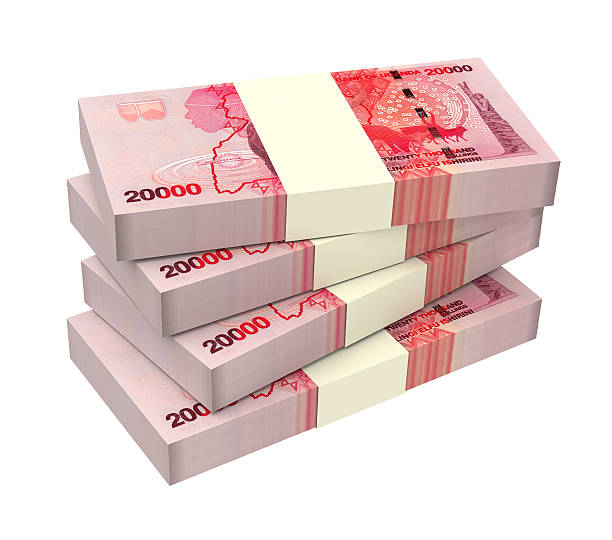
By James Alomu
The disbursement of Parish Development Model (PDM) funds in Soroti City East Division has reignited debate over the intersection of economic empowerment and political strategy, as government officials, beneficiaries, and observers weigh the intentions and impact of the initiative.
On Thursday, 100 residents from 11 community groups in Moruapesur Ward received UGX 1 million each as part of the government’s ongoing effort to lift Ugandans out of the subsistence economy. The funds are a component of the Parish Development Model—President Yoweri Museveni’s flagship poverty alleviation program targeting rural transformation at the parish level.
While the cash has been welcomed by beneficiaries eager to launch small-scale businesses, the initiative is increasingly viewed through a political lens.
Presiding over the disbursement, Acting Resident City Commissioner (RCC) James Small Chemutai was unequivocal in his message: the funds are for development, not politics.
“Let no politician deceive you. This money is not for politics. It is a tool to fight poverty, not to win votes,” Chemutai told beneficiaries and community leaders at the ceremony.
He compared the government’s anti-poverty efforts to previous national campaigns against insecurity and instability, emphasizing that Uganda is now fighting a new war against economic hardship.
“President Museveni fought for peace, and now he's fighting for prosperity. The PDM is a weapon in that fight. Use it wisely,” Chemutai added.
The PDM rollout in Moruapesur Ward is part of a broader strategy to reach the 39% of Ugandans still entrenched in subsistence livelihoods. So far, 307 out of 463 approved beneficiaries in the ward have received funding.
Local PDM administrator Ewalu Mike Stephen assured residents that the distribution process is transparent and closely monitored.
“We want to see real impact—small businesses, farming initiatives, income-generating activities,” Ewalu stated. “We are tracking how the money is used.”
Beneficiaries like Amongin Lozira and Onyagatum Simon Peter voiced gratitude and shared plans to invest the funds in poultry farming and other small enterprises.
“This is an opportunity to change our lives and support our families,” Amongin said.
Yet not all reactions were celebratory. A portion of the community expressed concern over the timing and optics of the disbursement, particularly as Uganda inches closer to future electoral campaigns. Some residents questioned whether the government’s generosity could be interpreted as political positioning rather than purely developmental intent.
Government officials continue to stress that the PDM is not a campaign tool, but a long-term socio-economic transformation strategy. However, critics argue that when development programs are rolled out with strong political branding—and amid electoral anticipation—the line between empowerment and influence can become blurred.
Civil society organizations and watchdog groups have pledged to monitor the PDM's implementation to ensure it remains accountable, transparent, and focused on its original mission: lifting communities out of poverty.
“Anyone trying to politicize this program is misleading the public,” Chemutai reiterated. “The President is not buying votes. He’s investing in people.”
As the program expands across the country, its success—and credibility—will depend not only on how the money is spent, but also on whether it can rise above political suspicion and deliver real, measurable change to Uganda’s most vulnerable communities.
Have an Advert or an Article you want us to publish? Email: tesovibez19@gmail.com or Whatsapp 0772326362